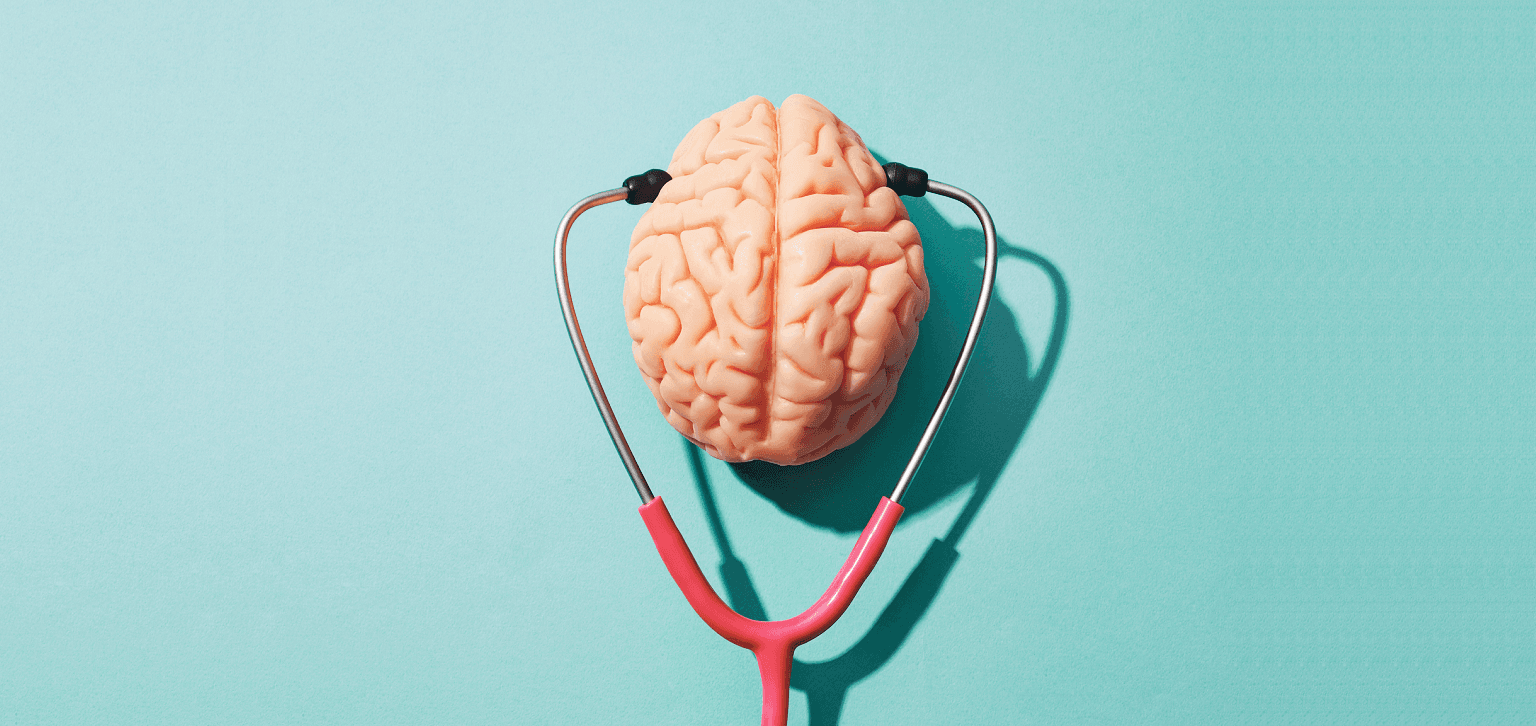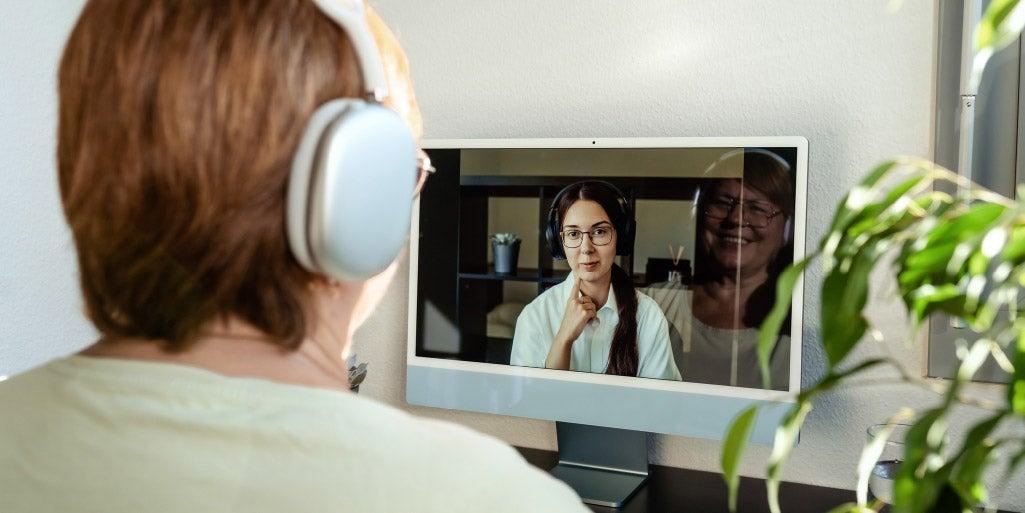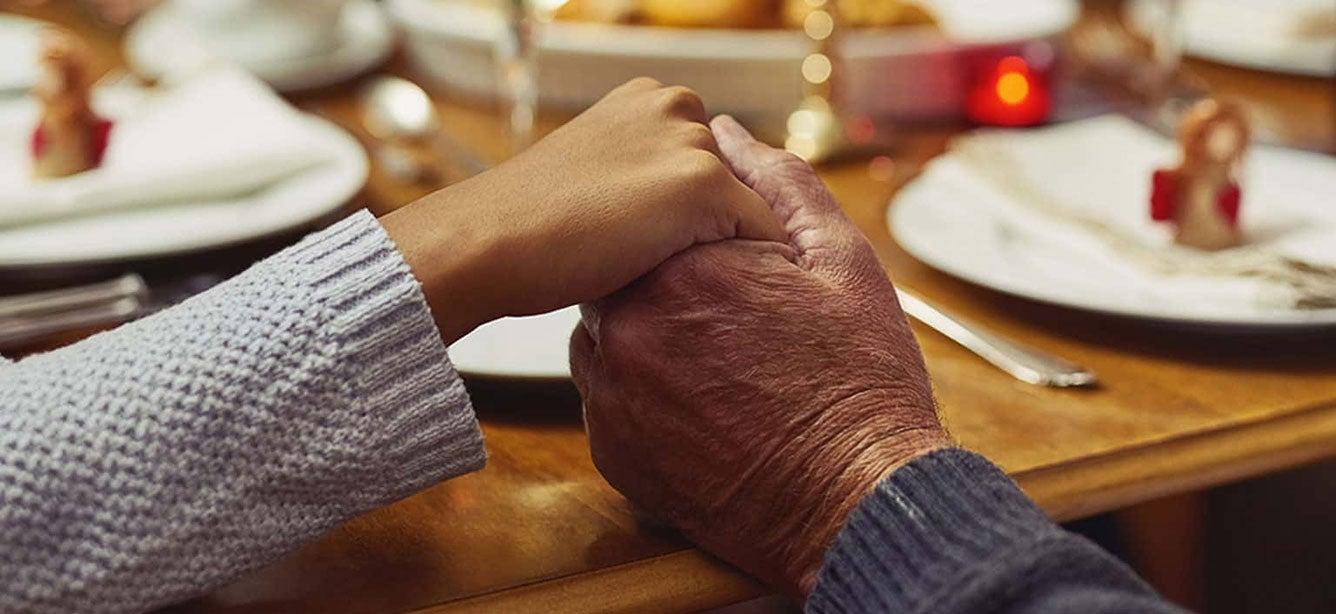
As we age, we encounter new challenges—such as retirement, the loss of loved ones, or physical limitations—that can impact our emotional and psychological health. But with these challenges come opportunities for growth, resilience, and new ways to find joy and purpose.
Maintaining mental health as an older adult isn’t just about addressing problems; it’s about thriving. When we’re proactive in caring for our mental well-being, we can help ensure our later years are as vibrant as possible.
How can I protect and improve my mental health?
Below are seven tips that can help you make your mental health a priority:
- 1. Seek treatment if you need it: Up to 25% percent of adults age 65 and older are living with a mental health condition such as anxiety or depression.1 If you’re experiencing lasting feelings of sadness, hopelessness, or anxiety, talk to your health care provider. They can connect you with a counselor, therapist, or psychiatrist who will evaluate your symptoms and provide a proper diagnosis and treatment. Many providers now offer telemedicine—video or phone chat—which is a convenient and safe alternative to an in-person appointment.
- 2. Limit your media consumption: In today's digital world, staying informed is easier than ever, with news updates available at our fingertips 24/7. However, the constant barrage of negative news can lead to increased anxiety, stress, and feelings of helplessness. According to a survey of therapists by Grow Therapy, 99.6% said that watching or reading the news can negatively affect mental health. While being aware of current events is important, it's vital to recognize how it affects your mood. If you’re noticing you feel more anxious after watching or reading the news—or if your sleep or appetite are affected—it’s a good idea to set limits. For example, give yourself 10 minutes to skim the news in the morning when you wake up, and do not check it again until the next day.
- 3. Engage in healthy activities: In general, the advice we’ve heard throughout the years still holds true:
- Get seven to nine hours of sleep each night.
- Eat a healthy, well-balanced diet.
- Do not use tobacco or vaping (e-cigarette) products.
- Consume no more than one alcoholic drink per day (or none at all, per your doctor’s instructions).
- Exercise your body and mind. Meditation, walking, gardening, and group exercise classes are all beneficial to your mental health.
- 4. Take your medications on time, every day: Whether you take prescription medications for a mental health condition or a chronic health condition, be sure to use all your medications as directed by your health care providers. Go to NCOA's BenefitsCheckUp.org if you need assistance paying for your prescription medications.
- 5. Stick to regular routines: Humans naturally crave routines, since they give our days a sense of structure and predictability. As much as possible, stick to a routine for working, exercising, caring for grandchildren, cleaning, and other daily activities. Feeling bored? Change it up by adding a fun new hobby or fitness workout to your daily regimen.
- 6. Stay socially connected: Having people to spend time with and talk to about our needs and feelings is vital for our mental health. If you don’t have close friends or family members nearby, try branching out. Visit your local senior center, volunteer in your community, or see what adult education classes are available in your area. If you're religious, places of faith are great places to meet like-minded people and find opportunities for group activities.
- 7. Try to be positive and relish the simple things in life. Practicing gratitude can transform our perspective and lift our spirits. By consciously focusing on the positive aspects of our lives, we shift our attention away from what we lack and toward what we have. This helps us find more joy in everyday moments and feel more fulfilled.
Where can I find mental health support as an older adult?
Whether it’s for you or someone you care about, you can find additional mental health information and support through the resources below.
National Alliance for Mental Illness (NAMI)
Contact your local NAMI Affiliate to find out what types of programs and supports they offer.
Suicide & Crisis Lifeline
Dial 988 (phone or text) to reach the Suicide & Crisis Lifeline. This service is free, confidential, and available to everyone in the U.S. 24 hours a day, 7 days a week.
Suicide & Crisis Lifeline
Dial 988 (phone or text) to reach the Suicide & Crisis Lifeline. This service is free, confidential, and available to everyone in the U.S. 24 hours a day, 7 days a week.
Disaster Distress Helpline
Call 1-800-985-5990 or text TalkWithUs to 66746 to reach the Disaster Distress Helpline (DDH). Run by the Substance Abuse and Mental Health Services Administration (SAMHSA), this is a toll-free, 24/7, multilingual, and confidential crisis support service, available to all U.S. and U.S. territory residents.
Source
1. Wyatt Koma, et. al. One in Four Older Adults Report Anxiety or Depression Amid the COVID-19 Pandemic. Kaiser Family Foundation. Oct. 9, 2020. Found on the internet at https://www.kff.org/medicare/issue-brief/one-in-four-older-adults-report-anxiety-or-depression-amid-the-covid-19-pandemic/




